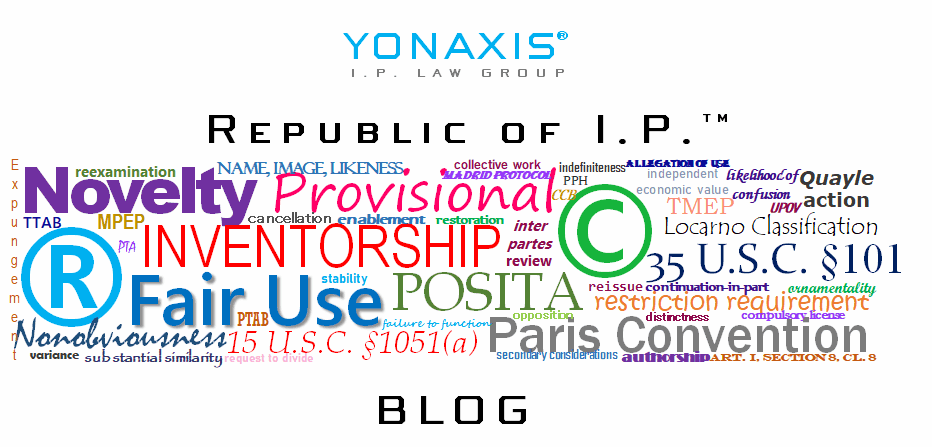Privacy law is complicated. While U.S. courts have generally refused to recognize personal data as a traditional property right, the right to privacy is a tantamount constitutional right with high levels of protection, including a person’s own data. This posting discusses those issues related to intellectual property law. General Rules re Data as Property In …
Privacy Law and I.P.: Key Issues and Intersections
Privacy law and intellectual property law are two distinct yet increasingly interconnected areas of U.S. law. While I.P. protects creative and innovative works, privacy law protects personal information and individual autonomy. Their intersection raises complex legal challenges, particularly in the digital age. Privacy Law Framework Constitutional Foundation The U.S. Constitution doesn’t explicitly guarantee a right …
Understanding Generic Marks
One of the fundamental principles of trademark law is that certain terms cannot function as trademarks because, as being merely descriptive of the goods or sources, these marks lack the role as an origin of source of those goods or services. Section 2(e) of the Lanham Act[1] codifies the mere descriptiveness principle, prohibiting registration of …
The Sixth DuPont Factor: Third-Party Use and Registrations
When the USPTO examines trademark applications or when courts assess potential trademark infringement, they rely on a multifaceted analysis to determine whether two marks are likely to cause consumer confusion. The framework established in In re E.I. DuPont DeNemours & Co., sets forth thirteen factors to guide this inquiry. Among these, the sixth DuPont factor—examining …
Understanding Dilution in Trademarks
The federal Lanham Act provides trademark owners various legal causes of action, including trademark infringement and dilution. While trademark infringement requires proof of consumer confusion, dilution protects famous marks from uses that weaken their distinctiveness or harm their reputation – even when there is no likelihood of confusion present as to the source of goods …
Notes on the Human Authorship Requirement in Copyrights
The question of who – or what – can be an author has become one of the most contentious issues in modern copyright law. As artificial intelligence systems generate increasingly sophisticated creative works, courts and policymakers are grappling with a fundamental question: Does copyright law require a human author? The Traditional Framework Copyright law has …
Free Speech Considerations in Trademark Law
Trademark law intersects with First Amendment free speech rights in several key ways: Prior Restraint and Content-Based Restrictions: When the government denies trademark registration based on the content of a mark, it potentially creates a content-based restriction on speech. While trademark registration provides valuable benefits (like presumptive validity and enhanced enforcement rights), denial doesn’t prohibit …
Understanding the Jack Daniel’s and Rogers Tests in Trademark Law
At the complex intersection of trademark law and First Amendment protections, courts have developed a sophisticated framework to balance commercial trademark rights under the Lanham Act against First Amendment expressive speech. Two key tests have emerged as crucial tools in this analysis. The Rogers Test: Protecting Artistic Expression The Rogers test, established in Rogers v. …
Understanding the Right of Derivation in Copyright Law
Derivative works are works based upon one or more preexisting works, such as translations, musical arrangements, dramatizations, fictionalizations, motion picture versions, sound recordings, art reproductions, abridgments, condensations, or any other form of transformation or adaptation. Rights of Copyright Owners Under the Copyright Act, among the bundle of rights, copyright owners have the exclusive right to …
NFT I.P. Issues
Non-fungible tokens (NFTs) have revolutionized digital ownership and created entirely new categories of intellectual property disputes. As these blockchain-based assets continue to evolve, they present unique technical and legal challenges that traditional IP frameworks are still adapting to address. The recent Ninth Circuit decision in Yuga Labs, Inc. v. Ripps illustrates the I.P. issues, and …
